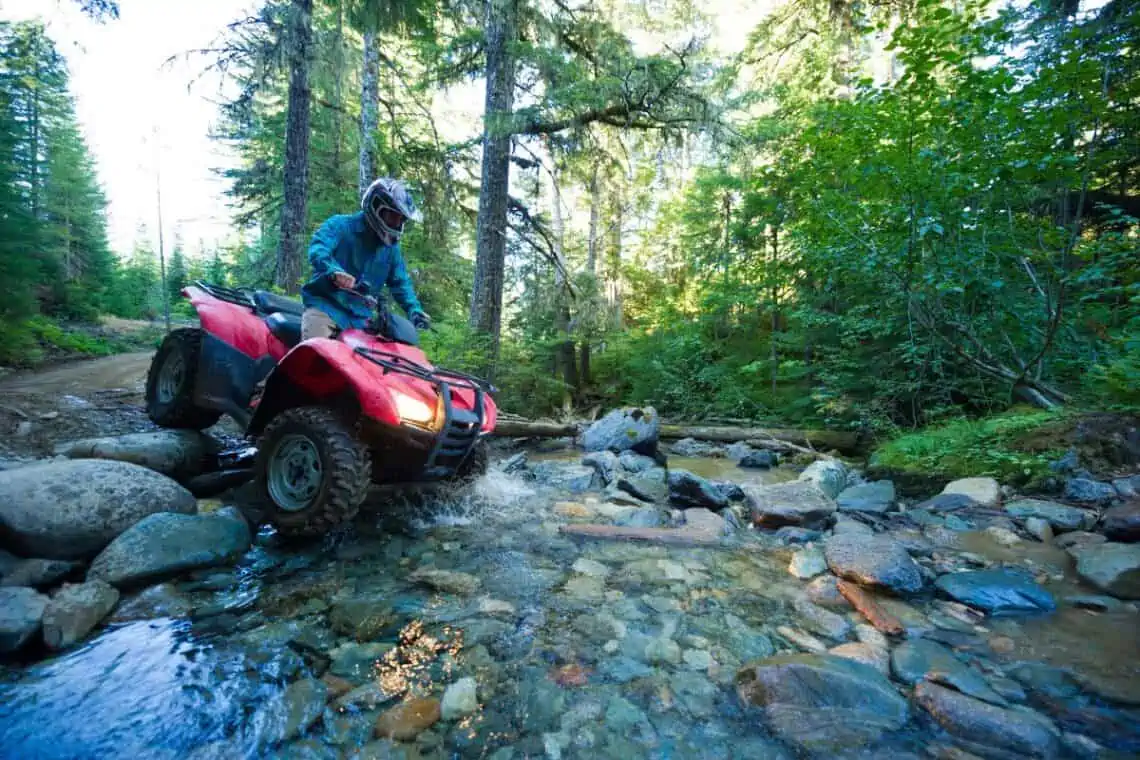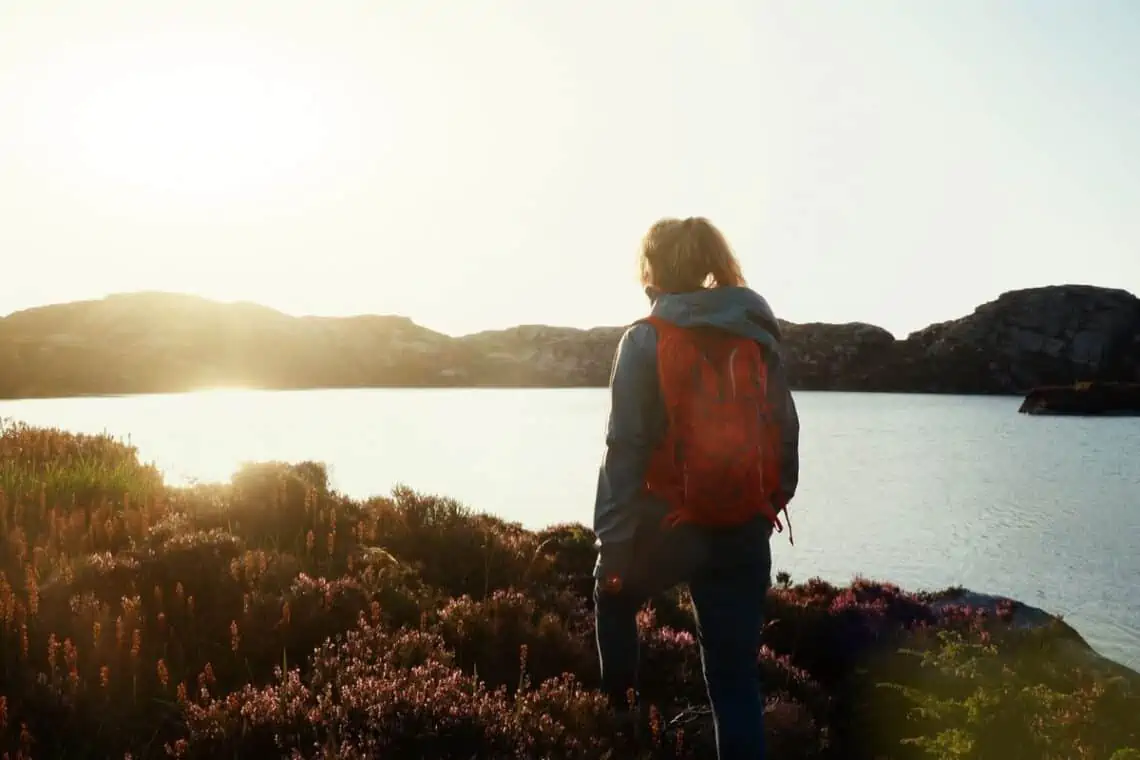Nothing beats a good outdoor adventure, especially after being cooped up all winter. Exploring nature, breathing in fresh air and enjoying the great outdoors are just some of the reasons why so many people love to take trips into the wild.
Outdoor adventures can be thrilling and exciting, but they can also be unpredictable. If you’re not prepared, things can go wrong quickly, even for the most experienced adventurer.
To help you avoid these types of mishaps, here are five tips to keep in mind:
1. Towing Hard? Pack an Electric Trailer Jack
It’s important to bring the right gear, supplies and tools for your specific adventure. A light trailer isn’t too much of a hassle to lift for hitching and unhitching, but if you’re packing some of the heavier outdoor toys like a caravan, boat or offroad motorbikes, you’ll want a bit of mechanical help to get your trailer hitched and unhitched. An electric trailer jack solves the problem.

2. Plan for The Worst the Weather Can Throw at You
It really is possible to enjoy camping in the rain – said no one ever. And if they did, they were lying. But if you’re adequately prepared, you can at least not have your trip totally ruined by some rain.
The weather can be unpredictable at times so it’s important to stay informed about current weather conditions when planning your trip. Pay attention to forecasts and pay close attention during your journey if sudden storms or other extreme weather situations arise so that you can act quickly if needed.
Be sure to pack the right clothing and gear to handle the very worst you can expect from the weather. Consider things like where and how you’ll cook, what you’ll wear, and how you can get wet things dried out fast.
Tip: invest in some lightweight yet warm outdoor clothes that dry out quickly after a wetting!
3. Pack Your First-Aid Kit
Although some people seem to manage adventures in the outdoors without sustaining as much as a bruise, many of us (ahem…) are less lucky. Even if you’re putting safety first, there’ll probably be the occasional laceration that needs attention.
It’s important to be honest with yourself about your physical abilities and experience level. Don’t push yourself too hard, and always be aware of your surroundings. If you’re not comfortable with a certain activity, it’s okay to opt out.
And if a really bad accident happens, your camping first-aid kit could make a huge difference to its outcome. But don’t just pack it. Go through its contents carefully to see if you have everything you might need and that nothing is expired or needs replacing.
4. Have a Dry Box for Water Escapades
Whether you’re canoeing or taking to the water in something altogether fancier, having a dry box can be a huge advantage. Taking a trail that requires your group to swim certain stretches? A dry bag or box a must!

From keeping your food dry to protecting those electronics we’re all inclined to bring along, your dry box could save you a lot of inconvenience.
5. A Multi-Survival Tool
Ratchet, hammer, wrench and sockets, spade, ax: all this gear could take up a lot of space, and all of it might just come in handy. Fortunately, others have gone before you, identified the need, and you can benefit from a compact multi tool that does it all. Go for quality: you might just find it handy around the house too!
Think it Through, But Travel Light
By now, you may have thought of a hundred little extras that could go on your packing list. But most people who go all-out find that they don’t need half the things they brought along.
On the other extreme, some people go so basic that they have to sacrifice comfort. Consider your destination, what the facilities already provide for, and what extras you’re likely to use while camping. Find the happy medium between getting away from it all and taking it all with you! And by all means, take a few little luxuries. Aim for comfort, and consider contingencies.
Leave No Trace Behind
And don’t forget that one of the most important rules when exploring nature is “leave no trace behind”. Respect nature by following all regulations such as not disturbing wildlife habitats or leaving litter behind after your visit.
Remember that we all have a responsibility towards protecting our environment so please do not leave anything behind except for memories!